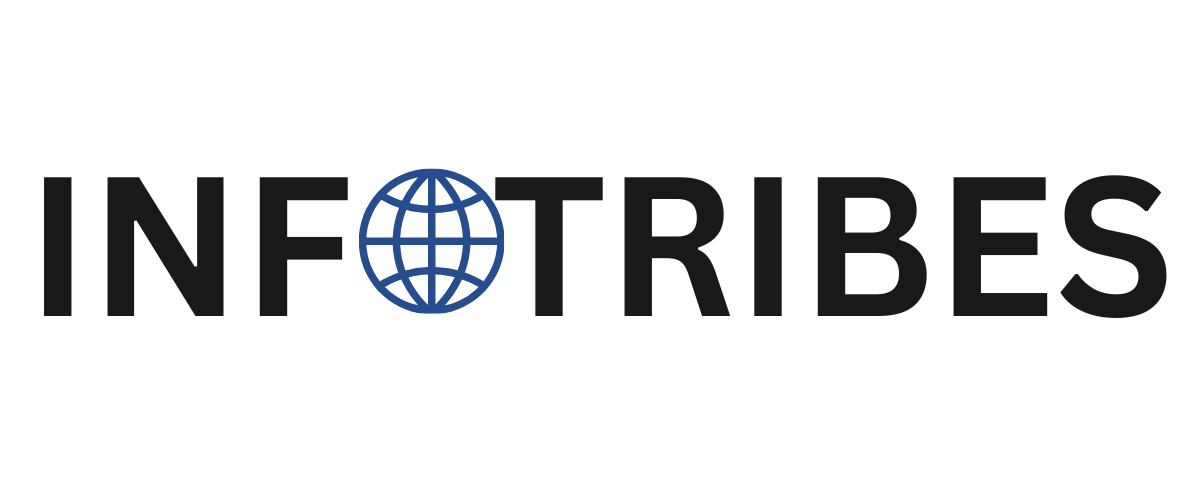5 Implications of The Google Monopoly Ruling That Are Alarming
The tech industry has been sent reeling by the recent Google Monopoly Ruling, which has raised the question of what snags the increasing dominance of online search and Big Tech will be. Google was ruled on Thursday by a U.S. judge to have held its market control by illegal means, a finding that could fundamentally change the digital landscape. The Google Monopoly Ruling has implications for everything from breakdown of corporate partnership to changes in user experience for businesses, consumers and regulators alike. So, let’s look at five critical outcomes of this groundbreaking decision.
1. Google’s Business Empire Is About to Break-up
Among the most dramatic consequences of the Google Monopoly Ruling is the prospect of breaking up Google’s business. In divestment, the U.S. Department of Justice (DOJ) recommended the sale of Google’s Chrome browser — a key Google asset in its search engine dominance.
- That Google Monopoly Ruling also looks at Android. The majority of smartphones run an operating system known as Android, which is very important to Google’s ecosystem Critics have also said that Google is actually using Android to wrongly drive its search engine, creating even greater concentration in the market. Radically changing the tech landscape would be the forced divestment of Android.
But Google has shot back, arguing that its ecosystem should remain untouched because otherwise consumers would be harmed by diminished security and privacy. But people behind the Google Monopoly Ruling standpoint argue that such moves are required to develop fair competition and innovation.

2. It’s a Boost for Rival Search Engines
Rival search engines like Microsoft Bing and DuckDuckGo could be in for a game changer from the Google Monopoly Ruling. The DOJ’s one remedy is to implement ‘choice screens’ in which users’ search engines of choice are prompted when they initiate a device or browser setup.
- In particular, a prior attempt at this approach has been made but just how successful it is remains unknown Alternatives exist, but the Google brand is recognized and it functions as it should so that’s where users go back to. But the Google Monopoly Ruling presents competitors with a rare opportunity to compete on more level playing field.
Google is under the Google Monopoly Ruling – this may help Microsoft Bing, who has spent years trying to secure a place in the search market ever since Google IPOd. This ruling can go both ways — it could allow the smaller search engines to grab some user base and create more market.
3. Apple (and others) get Financial Ripples from Mobile Payments Group
The Google Monopoly Ruling goes a lot further than search engines to include Google’s financial dealings with large partners like Apple. According to multiple reports, Google reportedly pays billions annually to stay the default search engine on Apple’s Safari browser, with a $20 billion contract for 2022, or on other platforms.
You Can Also Read: UST Expands in Bengaluru: The office opening is a continued strategic growth.
- If the Google Monopoly Ruling prohibits such payments, Apple and other firms may have to think of new strategies. Apple can enter another fray — by forging its own search engine, or joining the fray with other providers, bringing new dynamics to the tech world.
That could also affect other companies that rely on Google’s payments for similar arrangements. The innovation part of this could mean great things but simultaneously create financial uncertainty for the firms who rely on Google’s help. A Google Monopoly Ruling reveals that the relationship of the tech ecosystem is complicated.
4. Ablaze of Big Tech Regulation
What’s happening in the Google Monopoly Ruling isn’t just about Google, but a historic case that may determine the way in which Big Tech will be regulated from now on. The ruling reflects the need for technology giants to be more answerable, just as the European Union’s Digital Markets Act proposed.
- The Google Monopoly Ruling could serve as a wind in the sails, of sorts, for regulatory actions everywhere. Already governments in places like India and Australia are following suit with steps to end the power company giants like Google, Amazon and Meta hold in that market. That gives those efforts momentum and could even speed them up with calls for more vigilant antitrust laws and enforcement.
Regulatory change, while it happens, takes a while. The Google Monopoly ruling is a repeat of Microsoft being tossed into the US antitrust bracket of the 1990s that dragged on for a decade or more. This case is an undeniable precedent that will likely, and appeals and counterarguments probably will, extend the process.

5. Creating a better User Experience
Google Monopoly Ruling is a big deal for users. No one complains if Google isn’t the first thing you look up as a question. However, the ruling seeks to give users more freedom for introducing ‘choice screens’ which allow the diversity of search engines.
- This change gives users power, but it’s hard to shake old habits, especially if they’re supported by default. It’s convenient and it’s reliable, hence, most people use Google. Now that U.S. regulators have handed down a Google Monopoly Ruling, competitors might be emboldened to do away with the search giant by offering features such as more privacy or search results customized to the user’s location.
Direct change was not what the ruling would bring, but they would also receive indirect benefits. That could either result in some resources being redirected back into improved products for users, or in others redirected away from improving products for users. Similar to that, if more competition is there then it could see more diverse, user centric innovations that reshape the digital world.
Turning Point for the Tech Industry
The Google Monopoly Ruling is perhaps one of the most important turning points of recent regulation of technology. This case, as the tech landscape is being redefined through corporate divestments, regulatory changes or increased competition.
- The ruling won’t necessarily change things immediately for users, but in the long term, could have a major effect. Better product development, lower cost, more innovation: One of these is a more competitive market. It is a powerful reminder to businesses – the Google Monopoly Ruling – that making dominance work is not all about winning.
The world will be watching the legal process unfold. The Google Monopoly Ruling is either going to be another stepping stone in Big Tech vs. regulators’ fight, or the catalyst for real and meaningful change.
I’m also on Facebook,, Instagram, WhatsApp, LinkedIn, and Threads for more updates and conversations.







